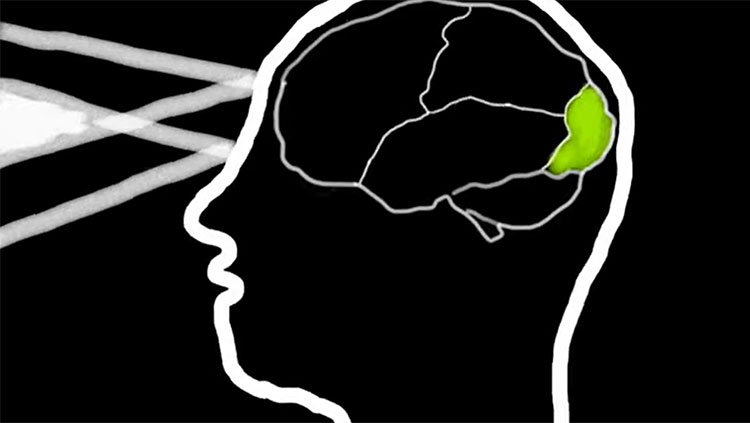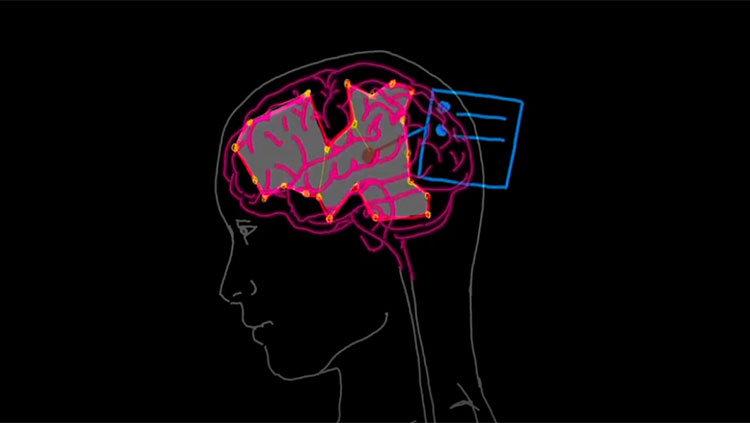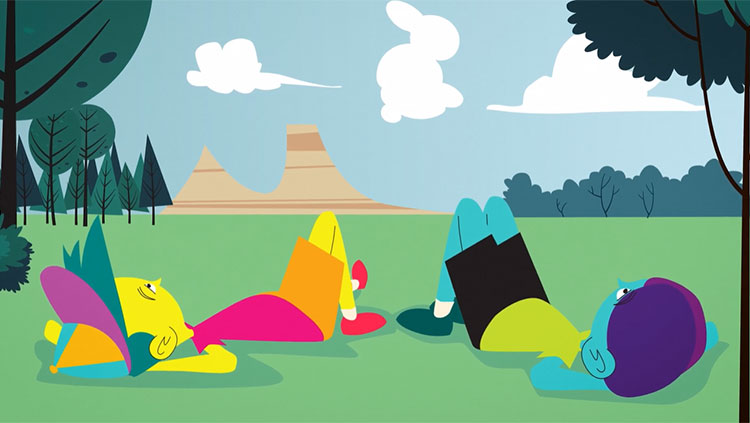How Your Brain Masters the Unexpected
- Published21 Jan 2025
- Source BrainFacts/SfN
Our brains constantly make predictions so we can more efficiently process information. But sometimes we’re surprised, like when we witness an illusion or receive the wrong order at a restaurant. In those cases, our predictions are inaccurate.
This mismatch between prediction and reality is called a prediction error, and it forces the brain to quickly update its internal representation of what’s going on externally. This process is orchestrated by the prefrontal cortex, the area at the front of our brains responsible for planning and decision making. One of its subregions, called the anterior cingulate cortex, is particularly highly activated. It helps us quickly adapt to unexpected circumstances, and make decisions accordingly.
This is a video from the 2024 Brain Awareness Video Contest.
Created by Ruweyda Mohamed.
CONTENT PROVIDED BY
BrainFacts/SfN
Transcript
Like many, you might have seen this viral video where a dog is baffled by its owner's sudden disappearance under a blanket.
But have you ever stopped to think about what's happening in our brains during such unexpected moments?
This question is at the heart of research conducted by the Khan Lab at King's College London.
In a way, our brains are a lot like that confused dog. They constantly make predictions about what will happen next, a sort of internal forecasting. When reality doesn't match these predictions, it throws us for a loop.
This moment of surprise — that’s our brain scrambling to update its expectations, a process that's key to understanding how we interact with our world. Referring back to the viral dog video, this entire scenario is an example of what's known as a prediction error in neuroscience.
A prediction error occurs when reality doesn't align with what we expected, much like expecting pizza but getting served broccoli, a mix that would leave most of us just as bewildered as that dog.
Now, you might be wondering, how do we adjust to such surprises? This adaptation is orchestrated in our brain, particularly in a region called the prefrontal cortex, the part that's responsible for planning and decision-making.
Within this area lies a special region called the anterior cingulate cortex, or the ACC, which plays a pivotal role in helping us adapt to these unexpected moments.
So, what exactly goes on there? When reality diverges from our expectations, the ACC kicks into gear. It's like the brain's own reality check, alerting us that something isn't quite as we anticipated.
This activation in the ACC is crucial for rapid adaptation. Think of it as recalibrating our understanding in real time, just as the dog had to reassess its owner's sudden disappearance.
This process isn't just relevant to startled pets; it's also fundamental for us humans. It aids in learning new concepts and making quick, informed decisions. The ACC essentially updates our brain's internal model, signaling, "Hey, that didn't go as planned. Let's figure this out."
So, the next time you're caught off guard by something unexpected, take a moment to appreciate your ACC at work. It’s this remarkable brain region that enables us to navigate the world's unpredictability.
What to Read Next
Also In Thinking & Awareness
Trending
Popular articles on BrainFacts.org








.jpg)









